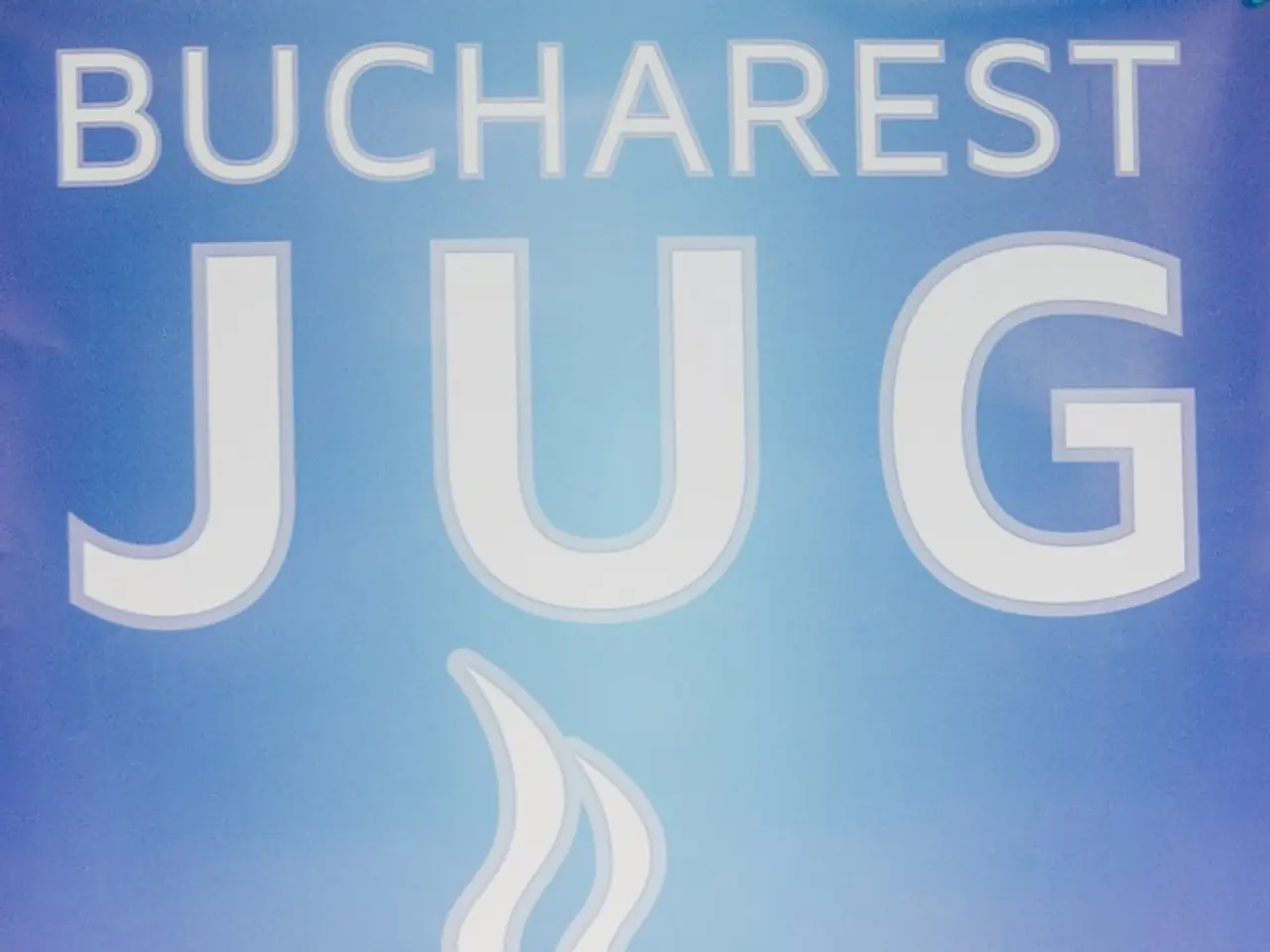Tax parties' proposed strategies
In the lead-up to the German federal election on September 26, all major parties have released their election programs, outlining their plans regarding taxes for the fund industry and private investors.
The CDU/CSU and FDP are focusing on promoting homeownership and private wealth accumulation. To encourage first-time homebuyers, they propose granting natural persons tax exemptions on the real estate transfer tax for the purchase of self-used residential property. The CDU/CSU plan exemptions of up to €250,000 per adult and an additional €100,000 per child, while the FDP advocates for a flat-rate exemption of €500,000, which can be replenished for a new purchase.
Both parties also aim to stimulate economic growth by offering tax relief. They reject tax increases in general and a wealth tax, and propose enhancing private wealth accumulation through measures such as increasing the allowances for capital gains, simplifying the taxation of investment income, and promoting private pension savings with favorable tax treatment.
The proposals from CDU/CSU and FDP are positive in approach but not ambitious, according to some critics. Under CDU/CSU's 'Wealth formation for everyone' plan, they aim to increase the saver's allowance and strengthen capital-forming benefits by increasing income limits and a tax exemption for the profits generated after a certain minimum holding period. FDP also demands a significant increase and regular adjustment of the saver's allowance, as well as a three-year holding period for private capital gains from securities.
Attractive offers for savers and small investors, however, are not found in any of the parties' programs.
The Left's tax proposals differ significantly from those of other parties, including some extreme demands. On the other hand, the AfD does not present its own tax concept but adheres to the tax reform concept of Prof. Paul Kirchhof, which the CDU/CSU campaigned with in 2005. The AfD also wants to facilitate the acquisition of residential property by abolishing the real estate transfer tax for the acquisition of real estate for self-use.
SPD, Greens, and Left aim to increase taxes to plug budget holes due to the pandemic. They advocate for an increase in the top tax rate, a wealth tax, and an additional wealth levy for the super-rich. They also want to implement a national reporting obligation in addition to the EU-wide reporting obligation to combat tax evasion and aggressive tax planning.
The withholding tax and share deals are also likely to be a focus in the upcoming legislative period. Greens and Left want to abolish the flat tax.
Interestingly, the introduction of a European financial transaction tax is likely to be revisited in the next legislative period, regardless of the election result. The CDU/CSU, Greens, SPD, and Left advocate for the introduction of a financial transactions tax, preferably in a European context. However, the FDP rejects this.
The parties' tax proposals offer a diverse range of approaches, providing a rich landscape for discussion and debate in the lead-up to the German federal election.
Read also:
- Peptide YY (PYY): Exploring its Role in Appetite Suppression, Intestinal Health, and Cognitive Links
- Toddler Health: Rotavirus Signs, Origins, and Potential Complications
- Digestive issues and heart discomfort: Root causes and associated health conditions
- House Infernos: Deadly Hazards Surpassing the Flames








